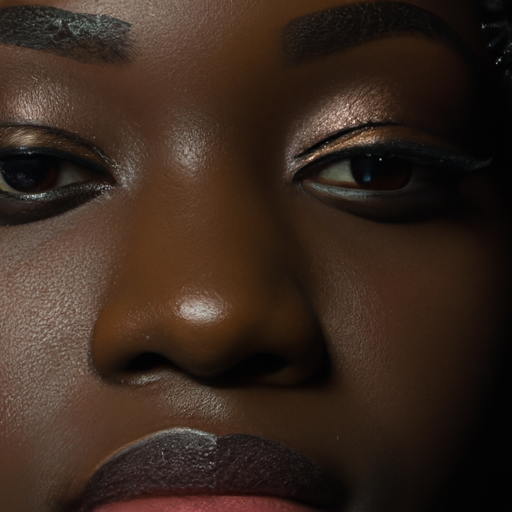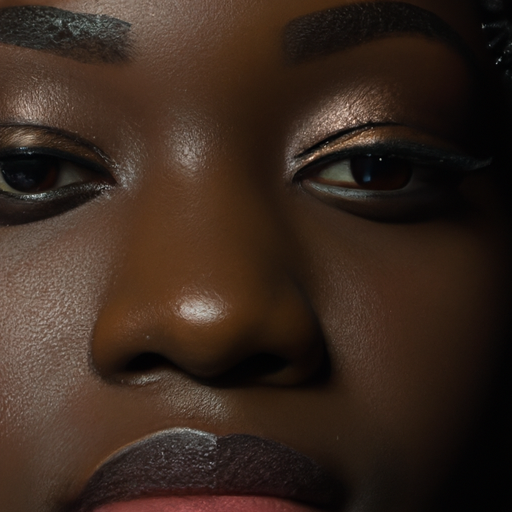Title: Unmasking Clear Skin: Dermatologists Share Top Acne Relief Strategies
As a medical professional specializing in dermatology, I understand the frustration and discomfort that acne can cause. It’s a common skin condition that affects millions of people worldwide, often leaving them in search of effective acne relief strategies. In this article, we will unmask clear skin by sharing some top strategies recommended by dermatologists for managing and treating acne.
Acne is a skin condition characterized by the appearance of spots, pimples, blackheads, and whiteheads. It primarily affects areas of the skin with a high number of oil glands, including the face, back, and upper part of the chest. While it’s most common in teenagers, it can affect people of all ages.
The first step towards achieving clear skin is understanding what triggers your acne. Common triggers include hormonal changes, stress, certain medications, and diet. Identifying your triggers can help you manage your acne more effectively.
One of the top acne relief strategies recommended by dermatologists is maintaining a consistent skincare routine. This includes cleansing your face twice daily with a gentle, non-comedogenic cleanser to remove excess oil and dirt. Follow this up with a non-comedogenic moisturizer to keep your skin hydrated.
Exfoliation is another crucial step in your skincare routine. It helps remove dead skin cells that can clog pores and lead to breakouts. However, it’s essential to avoid over-exfoliating as it can irritate the skin and exacerbate acne.
Dermatologists also recommend using over-the-counter products containing salicylic acid or benzoyl peroxide. These ingredients help reduce inflammation and kill the bacteria that cause acne. However, it’s crucial to use these products sparingly as they can dry out the skin.
If over-the-counter treatments aren’t effective, a dermatologist may prescribe topical or oral medications. These include retinoids, antibiotics, or hormonal treatments like oral contraceptives for women. It’s important to follow your dermatologist’s instructions when using these medications as they can have side effects.
Another top acne relief strategy is making dietary changes. While the link between diet and acne isn’t clear-cut, some studies suggest that certain foods can trigger or worsen acne. These include dairy products and high-glycemic foods like white bread and sugary drinks. Incorporating more fruits, vegetables, and whole grains into your diet may help improve your skin health.
Stress management is also crucial in managing acne. Stress can trigger hormonal changes that exacerbate acne. Techniques such as yoga, meditation, and regular exercise can help reduce stress levels and improve your overall skin health.
Lastly, it’s essential to avoid picking or squeezing pimples as it can lead to scarring and further skin infections. Instead, seek professional help from a dermatologist who can provide appropriate treatments.
In conclusion, achieving clear skin requires a multifaceted approach that includes a consistent skincare routine, using appropriate over-the-counter or prescription treatments, making dietary changes, managing stress, and seeking professional help when necessary. Remember that everyone’s skin is different, and what works for one person may not work for another. Therefore, it’s crucial to consult with a dermatologist to develop a personalized acne relief strategy that suits your skin type and lifestyle.
Keywords: Acne, Clear Skin, Dermatologists, Acne Relief Strategies, Skincare Routine, Over-the-Counter Treatments, Prescription Treatments, Dietary Changes, Stress Management.




